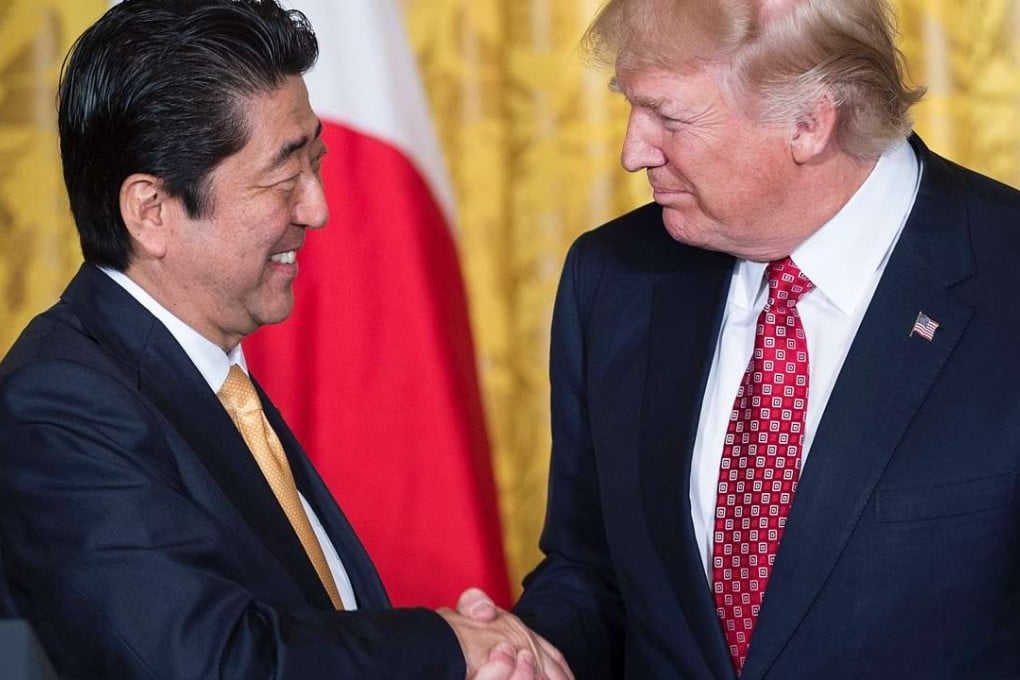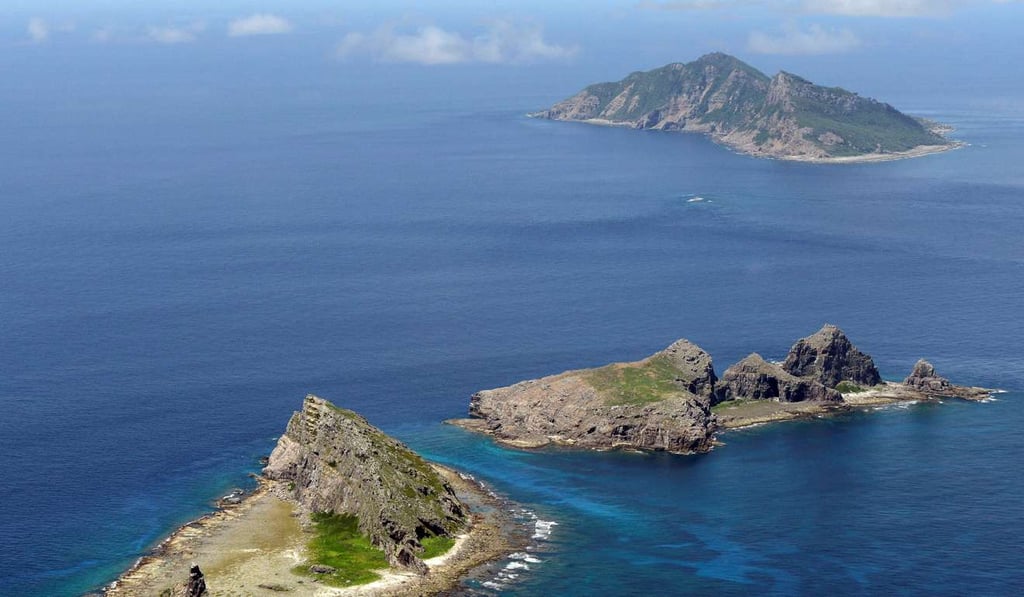Why Japan is relieved about Trump
While critics say Abe failed to challenge the US president on immigration issues, most are happy a trade war seems less likely

Despite the most awkward handshake in the history of Japanese-US relations, Prime Minister Shinzo Abe returned to Tokyo after his meetings with President Donald Trump in Washington and Palm Beach last weekend declaring the visit had been a resounding success.
And, given the positions that Trump had taken against Japan in the run-up to his election in November, the Japanese leader’s relief is understandable.
Trump never once mentioned his earlier demand that Japan pay more – or, indeed, the entire cost – for US troops stationed there and the suggestion that Japan develop and deploy nuclear weapons that so horrified many never came up.

Instead, the two leaders busied themselves by reiterating the importance of the bilateral security relationship and Washington’s commitment to defending Japan and maintaining its nuclear umbrella. Pointedly, that included the disputed Diaoyu islands, which Japan controls and knows as the Senkakus.
The shared security message received a significant boost when North Korea launched a new type of medium-range ballistic missile on Sunday morning. Not many believe the timing of the launch was a coincidence.